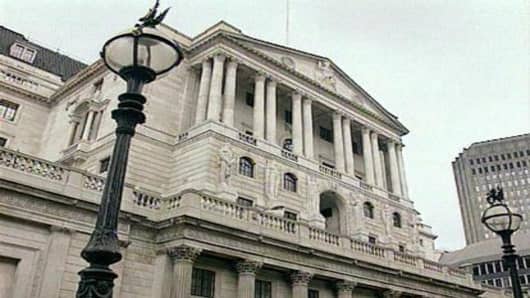The Bank of England's Monetary Policy Committee cut interest rates by a surprising 150 basis points, the deeper cut since the bank became independent in 1997, to help the economy fend off a recession.
After an emergency coordinated 50-basis-point cut last month to 4.5 percent, the question now is how low will they go?
"The Japanese went down to 0 percent and there is no reason why America and the UK might not have to go down as far," former MPC member Professor Charles Goodheart told CNBC.
Most economists expect the Bank of England to follow the U.S. Federal Reserve's lead and cut by a half point, which would take their benchmark rates to 4 percent.
But there has been increased speculation that it may reduce rates by as much as a full percentage point and surprise the market. If it did, it would be the first time since four cuts that size in 1992-93 when the UK economy was last in a deep recession.
The Bank of England's decision is seen as less predictable than the European Central Bank's, partly because British interest rates are still at a higher level and have more room to go lower. In addition, mortgage lenders were slow to pass on previous rate cuts in full to hard-pressed homeowners and consumers.


